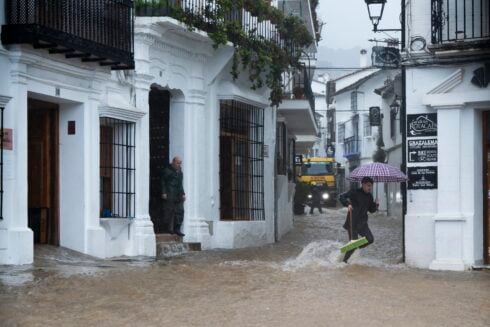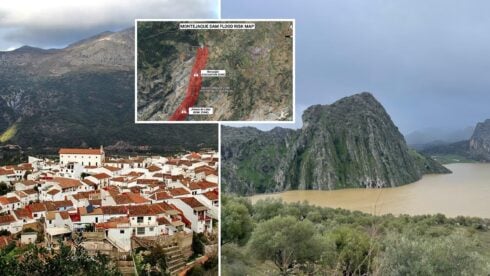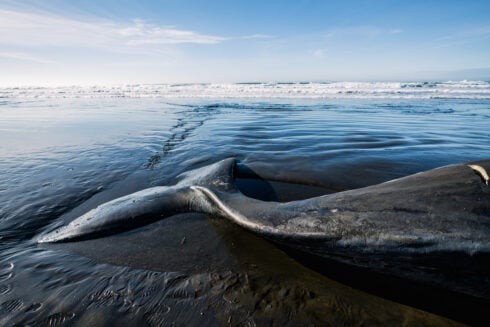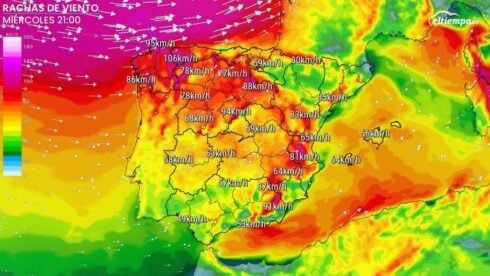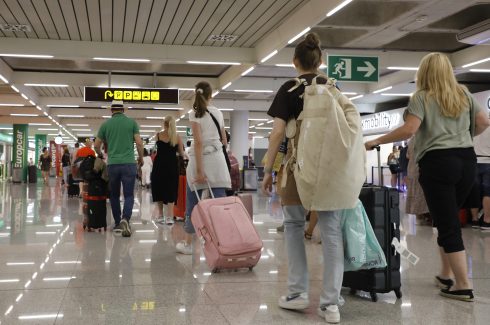THE 61 equines that form part of the Mijas donkey taxi service are currently undergoing an ‘MOT’ equivalent examination to certify that they are in good condition.
For several years Mijas City Council, in collaboration with the British foundation Mijas Movement Donkey, have carried out checks, every six months, to ensure the welfare of the 61 donkeys which form part of the taxi service.
The Donkey Sanctuary has worked closely together with the Mijas authorities over the years improving the conditions of these hard-working animals and making sure that the donkeys used in the burro-taxi service are in healthy conditions to work.
According to Maria Bross, a veterinary surgeon from the Mijas Donkey Movement Foundation, all the donkeys which form part of the burro-taxi service are checked to see that they are at the correct weight, have no wounds and that their hooves are in good condition.
The veterinary team also visits the stables to give recommendations on what should be changed to improve the welfare of the working donkeys.
“In general the donkeys are kept in good condition,” Bross said “Although there are always things that can be improved,” she added.
Following the veterinary inspection, the transportation license is granted or removed depending on the result of this veterinary check.
According to the councillor for Transportation and Mobility of Mijas, Nicolas Cruz, measures to guarantee animal welfare and fight against any type of animal abuse have intensified in recent years, including limiting the weight of the taxi users and increasing the rest times of the animals.
More recently, new drinking troughs have also been installed and the height of the hitch rails lowered to better the welfare of the animals.
Plans to create a new stable are also currently in motion with the aim of eliminating the existing stable in the town centre and improve the conditions of those located in the area of the Muralla.
READ MORE:
- PEED OFF: Dog owners in Spain’s Mijas to be fined for not cleaning up pet’s urine
- Donkey taxis slammed as ‘chronic mistreatment’ in Mijas on Spain’s Costa del Sol
Click here to read more Malaga News from The Olive Press.


